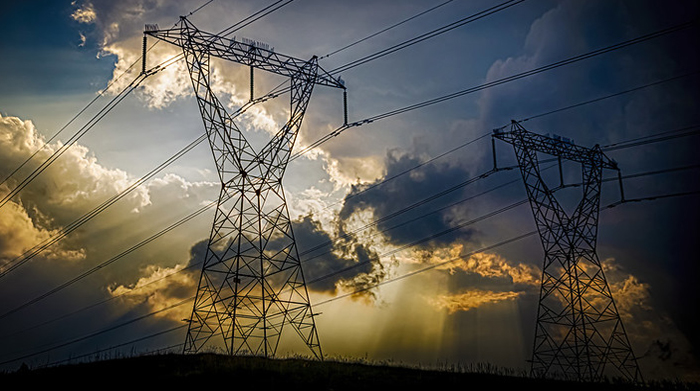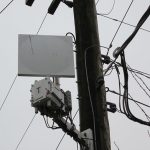NERC Adds Energy Policy as a Reliability Risk

Image courtesy of Axel Bührmann under Attribution 2.0 Generic License, resized to 700 x 391 pixels.
For the first time ever, the North American Reliability Corporation (NERC) has added “energy policy” to its list of significant risks to grid reliability. Is this a case of the pot calling the kettle black, or something more? Time to dive in!
Why NERC Added Energy Policy to Its List of Risks
NERC’s latest ERO Reliability Risk Priorities Report, published July 2023, added energy policy as a new reliability risk. The other risks are grid transformation, resilience to extreme events, security risks, and critical infrastructure interdependencies. NERC’s biennial risk reports are designed to outline NERC’s Reliability Issues Steering Committee’s (RISC’s) efforts to prioritize risks to the reliability of the bulk power system.
One thing to note about the new report is that the perception of what constitutes the greatest risk to the North American grid has changed over the past 2 years. In particular, resource adequacy and performance, and bulk power system planning, have increased in importance. Much of this can be attributed to the push to add renewable energy sources into the mix, the efficacy of which is obviously weather-dependent.
This push for clean energy has been hindered by certain regulatory and environmental policies, which is why “energy policy” has been added to the list of key risks. The report notes that, because energy policy influences planning and operations, it must be labeled as a risk.
To help mitigate the energy policy risk, the report recommends a greater emphasis on upfront planning, distributed energy sources, and coordination and collaboration between “federal, provincial, and state policymakers, regulators, owners, and operators.”
To sum it up, I do not believe that this decision by NERC is a case of the pot calling the kettle black. That would imply that NERC is the end all, be all, which is not the case. Energy policy overlaps with every aspect of utility operations, and touches a plethora of stakeholders, and therefore everyone must contribute to mitigating the risk. Click on the NERC report above for the full details.



